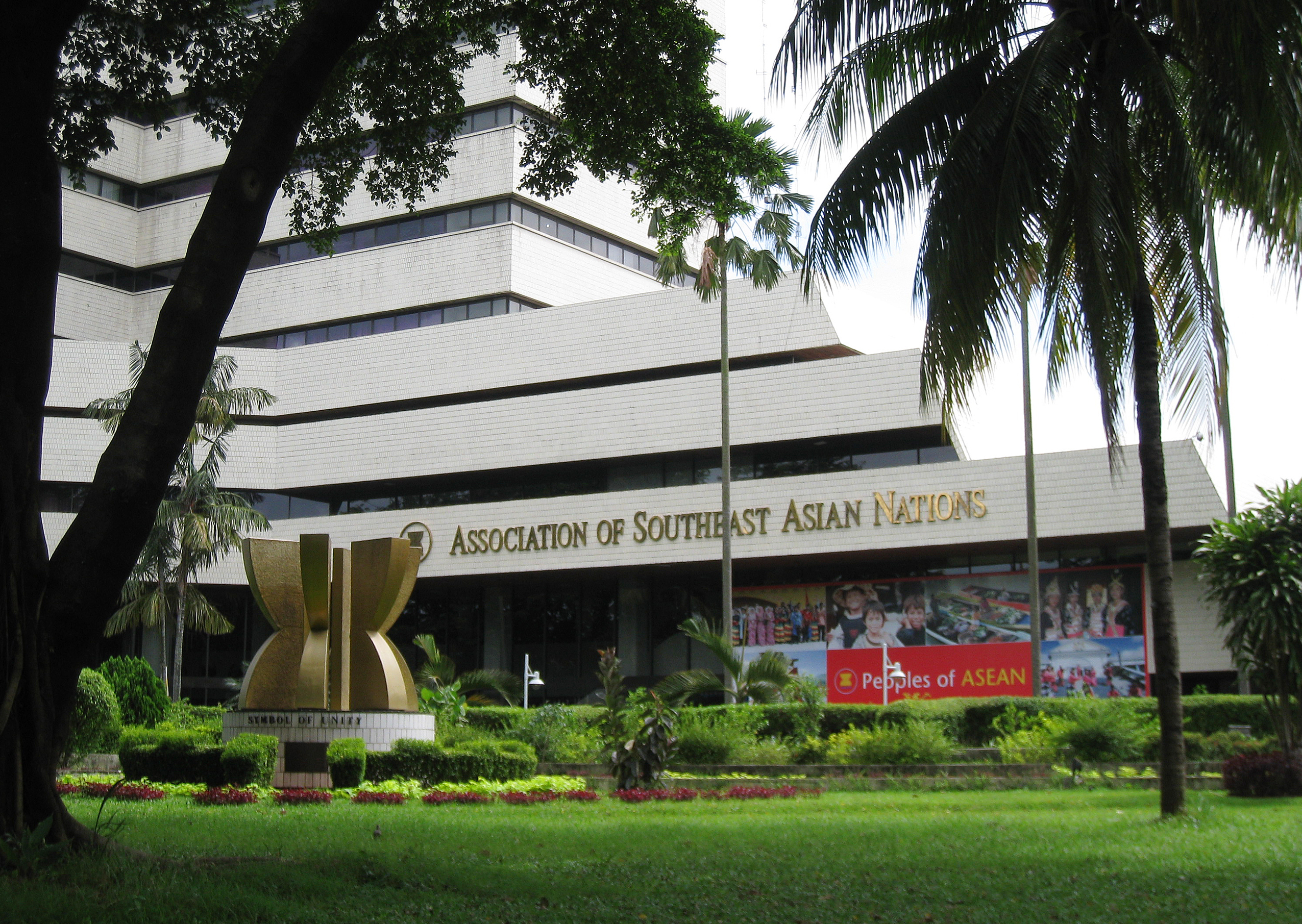China and the Association of Southeast Asian Nations (ASEAN) have taken a significant step towards regional economic integration by signing the upgraded China–ASEAN Free Trade Area (CAFTA) 3.0 Upgrade Protocol. The agreement was finalized on October 30, 2023, in Kuala Lumpur and aims to strengthen economic ties and cooperation among member states.
The protocol was signed by Wang Wentao, China’s Minister of Commerce, along with economic ministers from ASEAN countries. This upgrade revises an existing framework initially established in 2010, reflecting a commitment to deepen economic collaboration in the region.
According to China’s Ministry of Commerce, the CAFTA 3.0 Upgrade Protocol enhances cooperation across nine key areas. These include the digital economy, green economy, supply chain connectivity, competition policy, and support for micro, small, and medium enterprises. The upgrade is poised to lower trade barriers and promote investment facilitation, allowing for a more dynamic exchange of goods and services between China and the ten ASEAN member states.
In a multilateral meeting following the signing, Chinese Premier Li Qiang emphasized the importance of this upgraded agreement, stating it “creates new opportunities for high-quality economic cooperation.” He also highlighted ongoing challenges posed by unilateralism and protectionism that have disrupted the international economic order. Li pointed out that “external interference in the region is on the rise,” which he attributed to “unreasonable tariffs imposed by some countries.”
Li cautioned against “power politics and economic bullying” that threaten regional development. He called for enhanced unity among ASEAN nations, asserting that “the more severe the situation, the more firmly we must strengthen solidarity and cooperation.” He reiterated China’s willingness to collaborate with ASEAN countries to foster greater synergy, resist external disturbances, and collectively shape a prosperous future.
Analysts view the CAFTA 3.0 Upgrade Protocol as a pivotal move for both China and ASEAN. Commentators suggest that the agreement will facilitate freer flows of goods and capital, fostering an open, fair, and inclusive market that benefits all parties involved. An economic expert noted that this upgrade would “enable a more robust trade environment” and enhance investment opportunities between China and ASEAN nations.
The significance of this upgraded trade agreement lies not only in its immediate economic implications but also in its potential to strengthen partnerships across the region. As economic challenges continue to evolve globally, the CAFTA 3.0 Upgrade Protocol represents a proactive approach to regional integration and collaboration among Southeast Asian countries and China.







